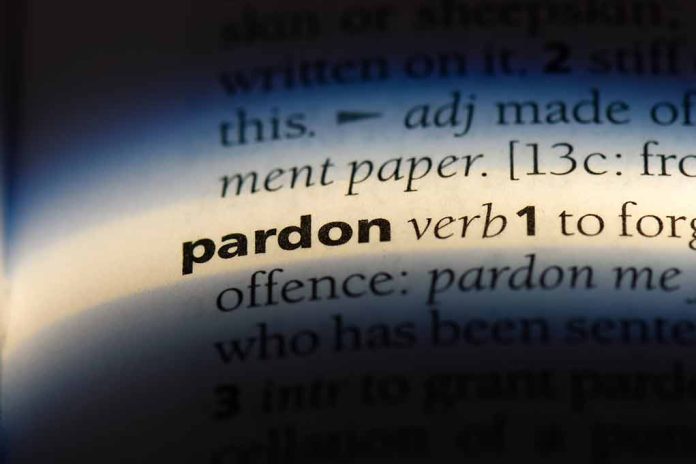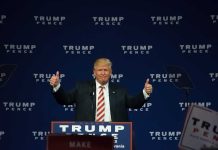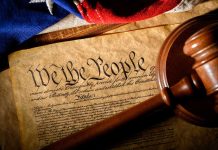
In a surprising turn of events, President Biden has pardoned his son Hunter, who was facing gun and tax convictions, raising questions about political influence and familial favoritism.
At a Glance
- President Biden issued a full pardon for Hunter Biden despite earlier reassurances against such action.
- Hunter Biden was accused of illegal gun possession and tax-related infractions.
- Biden justified his decision citing political manipulation in the legal proceedings against Hunter.
- Hunter Biden aims to use his experiences to support others facing similar challenges.
President Biden’s Pardon Decision
US President Joe Biden issued a full, unconditional pardon for his son, Hunter Biden, amid controversy. Hunter faced serious charges related to tax discrepancies and illegal gun possession, raising eyebrows as these transgressions had put him at risk of severe penalties. The president had previously assured the public that he would not extend presidential clemency to family members. Nonetheless, he defended the pardon by calling the cases against Hunter, a miscarriage of justice.
President Biden insisted he avoided interfering with the Justice Department’s probe, suggesting the legal ordeal faced by Hunter was imbued with political motivations. Highlighting a consistent pattern of charges emerging post-election, President Biden positioned these charges as a battle endured by both the nation and his son.
Charges Against Hunter Biden
Hunter Biden was entangled in legal issues stemming from tax discrepancies and gun-related charges. He pleaded guilty to multiple tax charges and was convicted of lying about his drug use when attempting to purchase a firearm. Hunter allegedly converted personal expenditures into supposed business costs, leading to over $1.4 million in unpaid taxes. These proceedings involved testimonials of past associates who detailed Hunter’s addiction struggles that were prominently featured during the trial process.
Hunter’s criminal charges carried substantial prison sentences, adding to the charges’ gravity. With the gun charges alone, imprisonment for up to 25 years loomed as a possibility. The tax charges had also posed significant fines reaching $1.35 million. Hunter expressed gratitude for his father’s intervention and acknowledged missteps made during his darker days of addiction.
“I have admitted and taken responsibility for my mistakes during the darkest days of my addiction – mistakes that have been exploited to publicly humiliate and shame me and my family for political sport.”
Implications and Reactions
The pardon announcement provoked a wide array of public and political responses, feeding into debates over the perceived fairness and legality of the judicial process. Despite Biden’s claims of non-interference, the charge’s disclosure timing and trial narratives present an image of political animus. Biden’s declaration emphasized no reasonable person could assess the situation without recognizing Hunter’s alleged unfair targeting.
“No reasonable person who looks at the facts of Hunter’s cases can reach any other conclusion than Hunter was singled out only because he is my son — and that is wrong.”
As the controversy continues to boil over, political adversaries highlight this as further proof of alleged undue preferential treatment within federal powers. Hunter Biden’s story serves as an unfolding case study in the intersection of personal tribulation and public scrutiny, raising questions about the appropriate reach of presidential powers.









